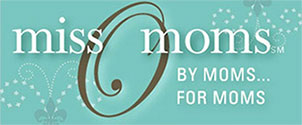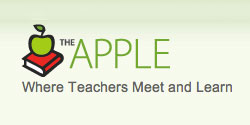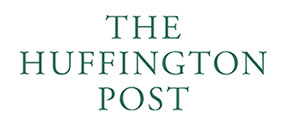Get Updates on events, speaking engagements, workshops and articles in your inbox.
 Anea’s approach to guiding women is rooted in her philosophy that knowing and honoring one’s authentic self is essential and fundamental to personal empowerment and healthy relationships. She guides you through a process of self-discovery and self-value while partnering with you to develop individualized tools to support the creation of a path that will bring greater fulfillment, sense of purpose and success in your chosen endeavors.
Anea’s approach to guiding women is rooted in her philosophy that knowing and honoring one’s authentic self is essential and fundamental to personal empowerment and healthy relationships. She guides you through a process of self-discovery and self-value while partnering with you to develop individualized tools to support the creation of a path that will bring greater fulfillment, sense of purpose and success in your chosen endeavors.
 As a teen, your daughter is certain to face a plethora of challenges, the greatest of which may be making it through her adolescent years with her self-esteem in tact. Anea’s belief is that adolescence is a fundamentally important transitional time, a time during which your daughter must be provided with guidance, support and encouragement to open up and discover who she is as an individual and how she desires to fulfill her unique and valued purpose.
As a teen, your daughter is certain to face a plethora of challenges, the greatest of which may be making it through her adolescent years with her self-esteem in tact. Anea’s belief is that adolescence is a fundamentally important transitional time, a time during which your daughter must be provided with guidance, support and encouragement to open up and discover who she is as an individual and how she desires to fulfill her unique and valued purpose.



















